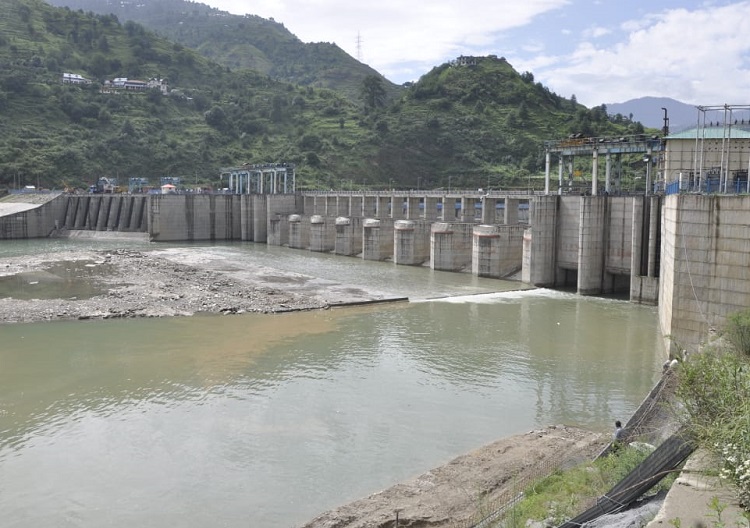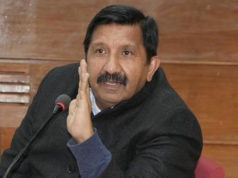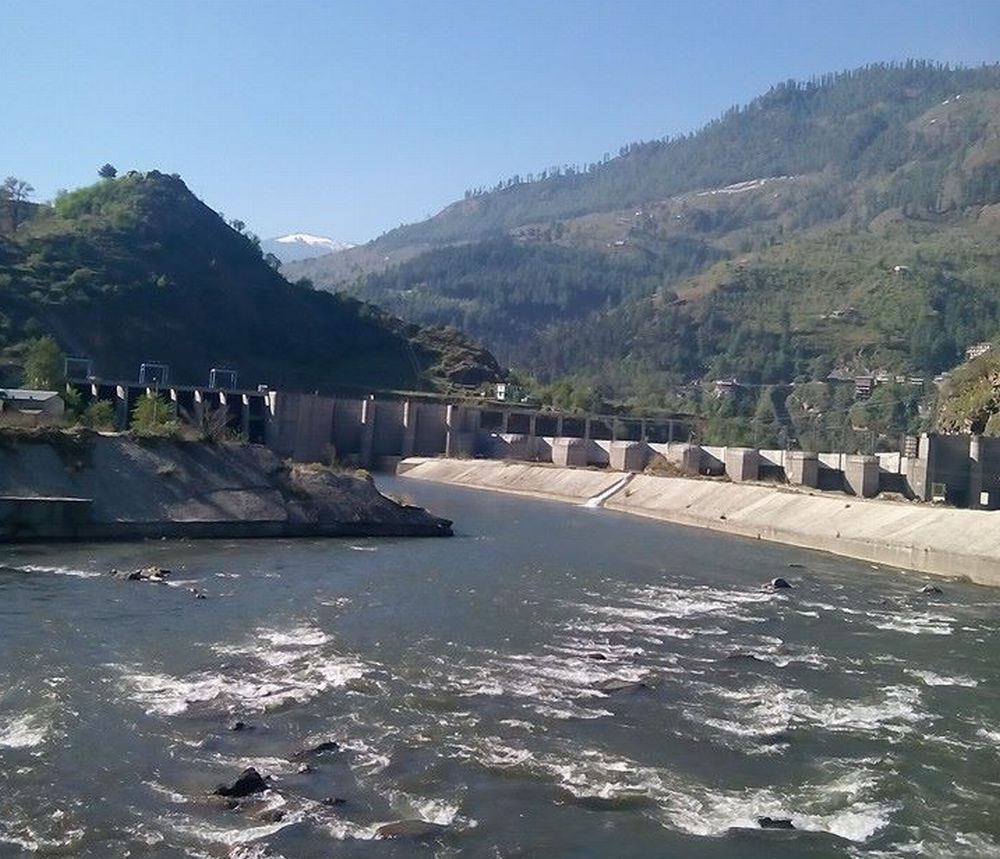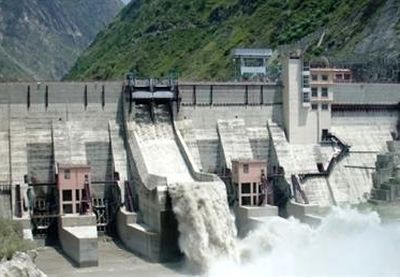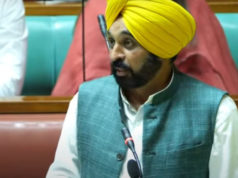Shimla – In a significant legal development, the Himachal Pradesh High Court has ruled that the imposition of water cess on hydropower generation, as undertaken by the Sukhvinder Singh Sukhu-led Congress government, violates the Constitution. The decision comes as a relief to several hydropower companies that had contested the government’s move, stating that it contravened constitutional provisions.
The high court’s verdict overturns the state government’s decision to impose water cess on 175 hydel power projects, aimed at generating approximately Rs 2,000 crore in annual revenue. This decision was enacted into law in the state Assembly as part of the government’s fiscal measures.
The court’s judgment emphasized that the imposition of the water cess was inconsistent with constitutional provisions, signalling a potential setback for the state government’s revenue-generation plans through this means.
Various hydropower companies, aggrieved by the imposition of the cess, had approached the high court to challenge the constitutional validity of the decision. They contended that the water cess, as imposed, went against the constitutional framework and had the potential to adversely impact the hydropower sector in the state.
Notably, Himachal Pradesh is not the first state to face legal challenges regarding water cess on hydropower generation. Uttarakhand, Sikkim, and Jammu and Kashmir have also implemented similar measures in the past, prompting debates over the constitutionality and economic viability of such levies.
The decision by the Himachal Pradesh High Court is expected to have broader implications, setting a precedent for the legal standing of water cess on hydropower projects in the country. It underscores the need for a comprehensive and constitutionally sound approach when implementing fiscal policies that impact crucial sectors like hydropower, which play a pivotal role in the state’s economic landscape.


